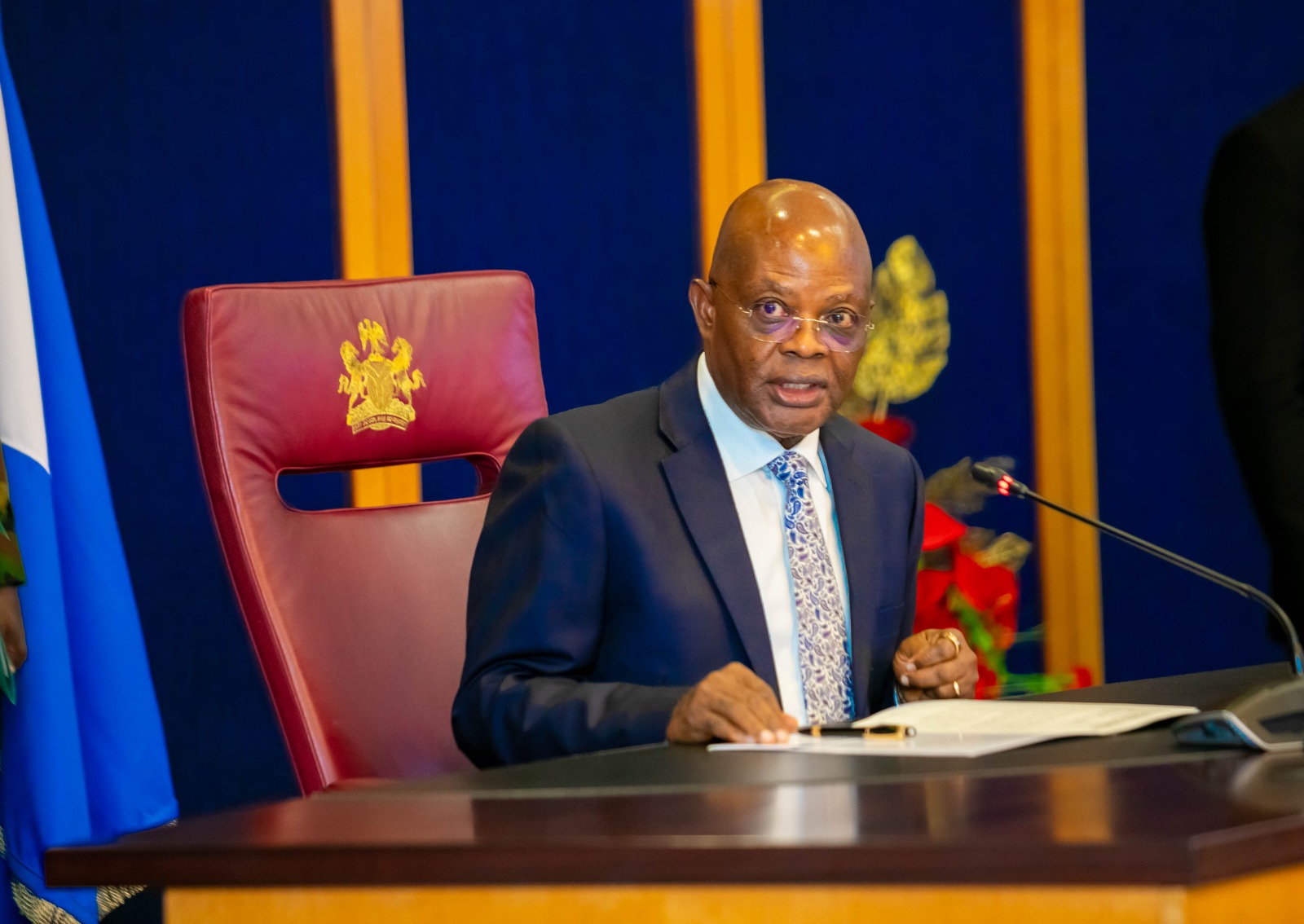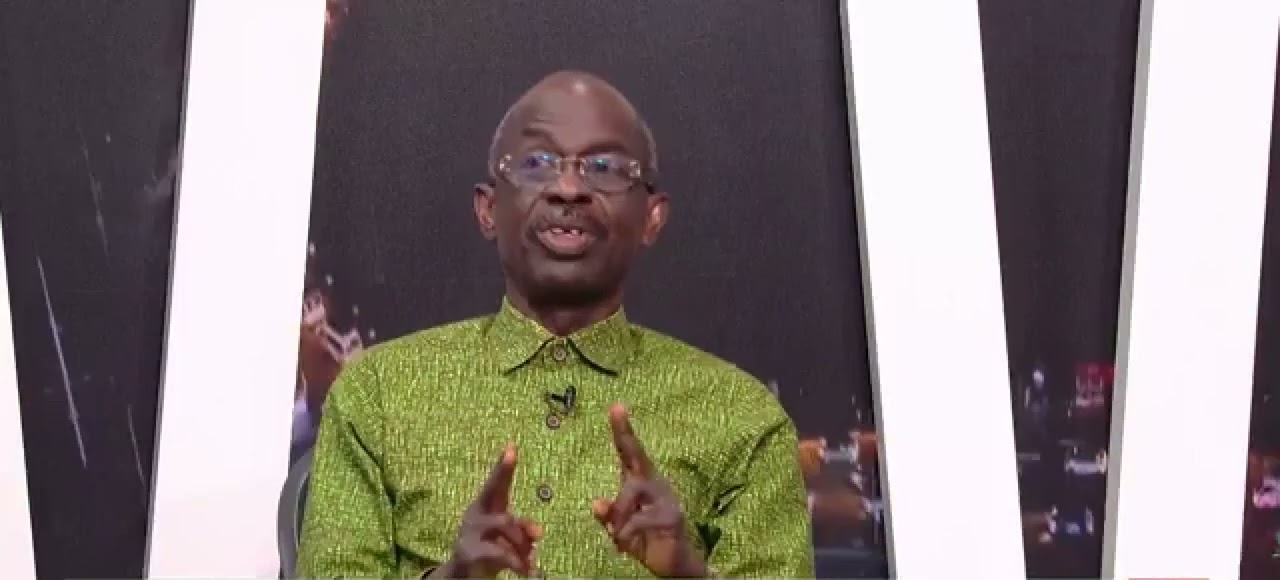Dubai Solidifies Position as Global Regulated Crypto Hub with Vara License
Dubai, long celebrated for its architectural marvels and opulent lifestyle, is now drawing global attention for its pioneering efforts in digital asset regulation. Over the past two years, the city has meticulously constructed one of the world's most sophisticated regulatory frameworks for virtual assets, firmly establishing itself as a significant contender for global leadership in the crypto space. Central to this initiative is the Virtual Assets Regulatory Authority (VARA), an independent regulator established under Dubai Law No. 4 of 2022. VARA is charged with the comprehensive oversight of all digital asset activities within the Emirate, a responsibility that has attracted considerable interest from major industry players.
Several prominent exchanges, including Binance, Crypto.com, and OKX, have swiftly moved to align their operations with Dubai's regulatory structure. This move signifies a fundamental shift in the global regulatory landscape, as companies seek stability amidst widespread confusion, aggressive enforcement actions, and political instability prevalent in other jurisdictions. Dubai, in stark contrast, offers a well-defined and predictable regulatory environment.
VARA's regulatory framework is characterized by its detailed, enforceable, and activity-specific rulebooks. The licensing perimeter encompasses seven distinct categories: advisory, broker-dealer, custody, exchange, lending and borrowing, settlement, and portfolio management. Each of these activities is subject to stringent financial requirements, robust internal control obligations, and continuous supervision. What truly differentiates Dubai's approach is not merely its clarity, but its underlying philosophy. The regime is deliberately designed to foster scalable, compliant infrastructure rather than to facilitate speculative ventures. Adhering to Financial Action Task Force (FATF) standards, VARA's system promotes transparency and investor protection, steering clear of fleeting hype.
As Stephan Korsgaard, CEO of Aston VIP, a UAE and UK-based consultancy specializing in digital asset regulation, asserts, "This isn't a sandbox; this is long-term economic positioning. The firms coming to Dubai aren't opportunists; they're builders looking for legal ground to stand on."
The primary impetus for firms relocating to Dubai stems from the regulatory instability observed elsewhere. In the United States, an enforcement-first regulatory stance has compelled numerous companies to move offshore. Similarly, in Europe, while the impending MiCA regime offers some clarity, its full implementation will take time, and it may still lack the agility required by rapidly evolving digital asset ventures. Dubai's regime, however, is fully operational and readily accessible. The government has unequivocally supported VARA with clear legislative backing, simultaneously investing in broader fintech infrastructure. Through its D33 Economic Agenda, Dubai is dedicating substantial capital to blockchain integration, digital identity programs, and smart city technologies, presenting significant opportunities for founders. These opportunities include a fully functioning legal framework, full ownership options for foreign entrepreneurs, no personal income tax, and accessible visa pathways for technical and executive talent.
Mr. Korsgaard further notes the widespread interest: "We're seeing interest from Europe, Asia, and North America. And it's not just from startups; it's institutional too. Dubai is now credible."
Despite its open embrace of digital assets, obtaining a VARA license in Dubai is not an easy undertaking. Firms seeking a VARA license must submit a comprehensive application, which includes a detailed regulatory business plan, extensive compliance documentation, and over 150 disclosures spanning 16 distinct categories. Applicants must also coordinate with the Department of Economy and Tourism to secure commercial licensing and provide verifiable evidence of financial soundness. This rigorous process demands thorough preparation and often extends over several months.
Aston VIP stands out as one of the few specialized firms in the region with extensive hands-on experience in guiding applicants through the VARA process. Beyond managing full submissions for digital asset clients, Aston VIP also serves as a discreet advisor to other service providers and agencies grappling with complex VARA-related inquiries. Their services encompass regulatory policy drafting, the appointment of compliance officers, banking introductions, and entity structuring, alongside detailed guidance on UAE-specific requirements such as economic substance and financial reporting.
Dubai's vision for digital assets is far from short-term. The city is actively constructing a foundation to facilitate the seamless integration of digital assets with traditional finance. This includes the development of tokenized funds, institutional custody solutions, and real-world asset issuance. Crucially, this integration is being achieved through stringent regulation, not through regulatory exemptions. For founders and executives seeking legal certainty, access to investment capital, and a strategic entry point into emerging markets, Dubai has emerged as one of the most compelling options globally.
For those requiring further assistance with the VARA licensing process, Aston VIP offers confidential consultations for digital asset firms.










